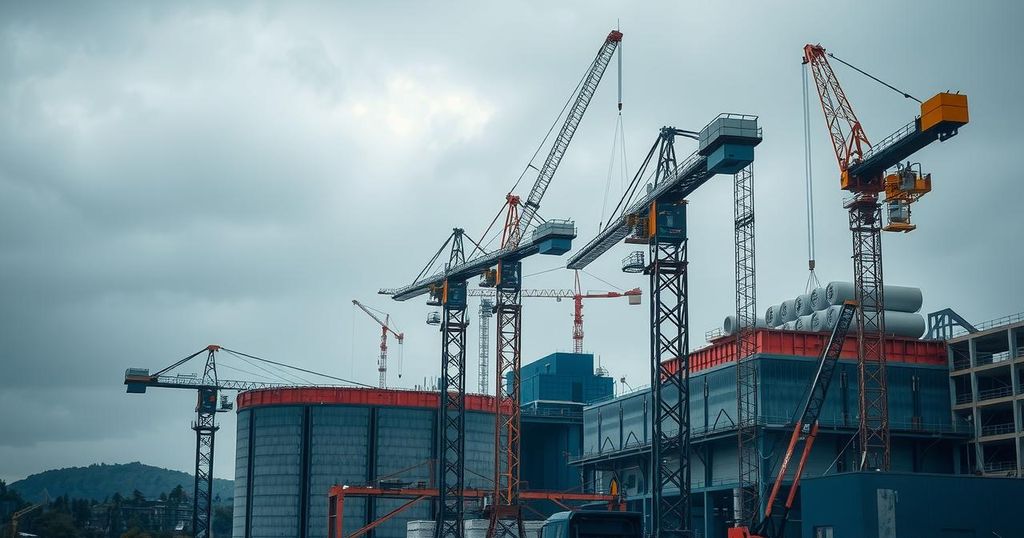Brazil Sues China’s BYD Over Alleged ‘Slavery’ Conditions at Build Site
Brazilian prosecutors sue BYD for alleged human trafficking and slave labor conditions at a construction site in Bahia involving 220 Chinese workers found in December.
Brazil is now embroiled in a legal battle against BYD, a major Chinese electric car manufacturer. Prosecutors from Bahia filed a lawsuit that alleges the company, along with two contracting firms, engaged in human trafficking and imposed slave labor conditions at a construction site. These allegations stem from an investigation that uncovered 220 Chinese workers in what authorities have described as “analogous to slavery” conditions last December. This troubling claim has gained significant attention both locally and internationally.
The build site in question is a BYD facility located in Camacari, a municipality within the northeastern state of Bahia. Authorities noted that workers were subjected to harsh conditions that violated basic labor rights. Specifically, the Brazilian prosecutors are seeking to hold BYD accountable for these labor abuses, reflecting a broader concern about labor practices within multinational companies operating in Brazil.
The lawsuit not only calls into question BYD’s operations in Brazil but also raises concerns about the treatment of foreign workers in construction sectors. The implications of this case could resonate widely, influencing how labor laws are enforced and perceived, particularly within the context of global supply chains relying on outsourced labor. As the story develops, all eyes will be on how this legal case unfolds in the courts and what consequences it might have for BYD’s operations throughout the country.
As Brazil tackles this significant issue, it draws attention to the pressing need for reforms in labor standards, not just for foreign workers but for all laborers in the nation. The government is on alert as these allegations bring to light long-standing concerns about working conditions in various industries. Moving forward, the outcomes of this lawsuit against BYD could potentially reshape labor rights discussions in Brazil and even set a precedent for how firms handle ethical standards and labor practices outside their home countries.
Such serious allegations of human trafficking and slave labor underscore glaring issues within the labor sector that require immediate attention. This situation serves as a wake-up call for all industries to examine their labor practices to ensure the protection of workers’ rights. Given that Brazil has been making strides toward improving labor laws, the involvement of high-profile companies like BYD complicates the narrative of progress. The unfolding legal proceedings will likely generate discussions on both domestic and international platforms.
In conclusion, Brazil’s legal action against BYD highlights serious allegations of human trafficking and slave labor involving Chinese workers at a construction site in Bahia. With 220 workers reportedly found in dire conditions, the case raises significant concerns about labor rights both domestically and globally. As the lawsuit progresses, it may influence labor standards and practices not only in Brazil but also for multinational corporations operating in similar contexts.
Original Source: www.hpenews.com




Post Comment